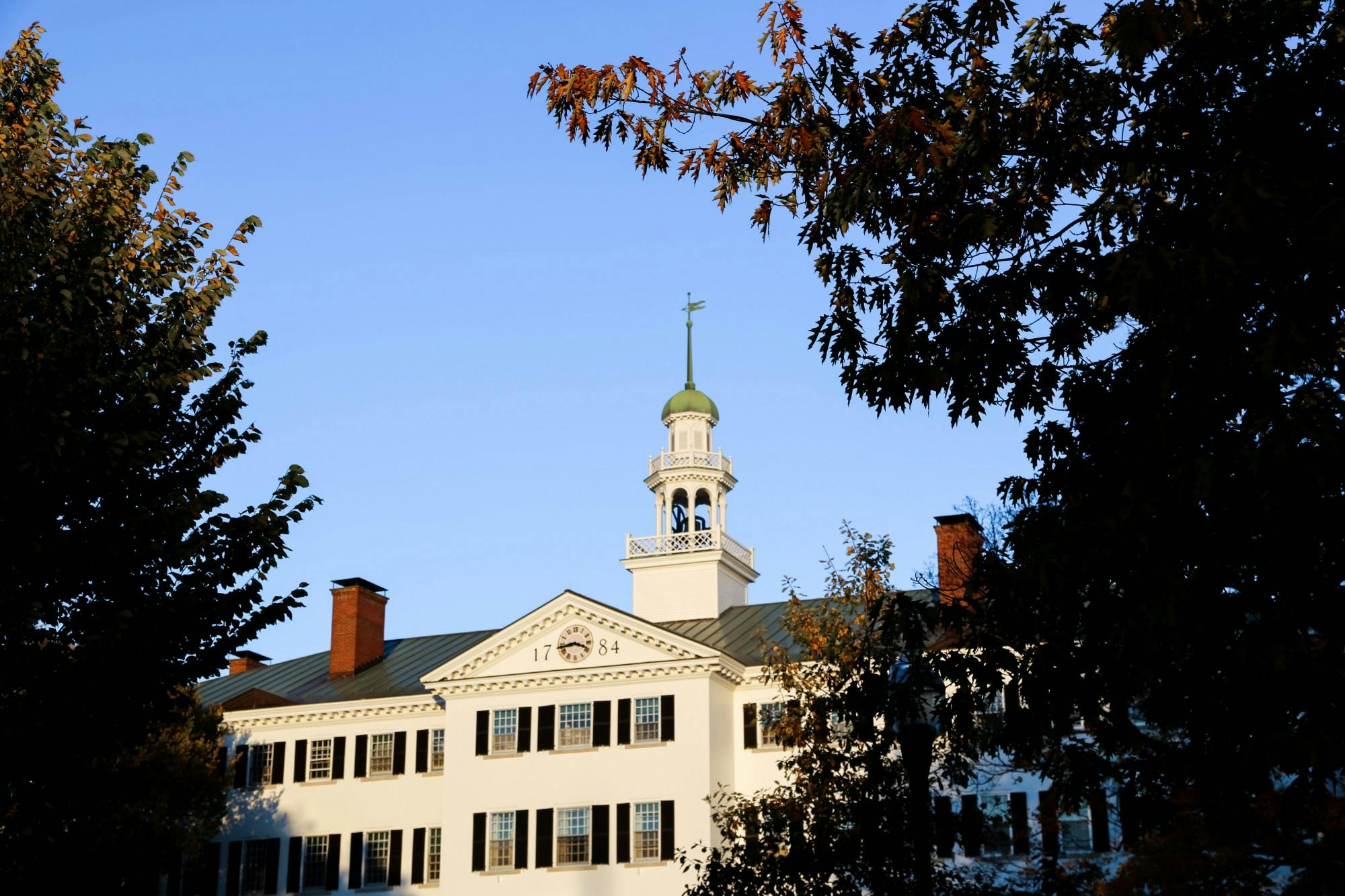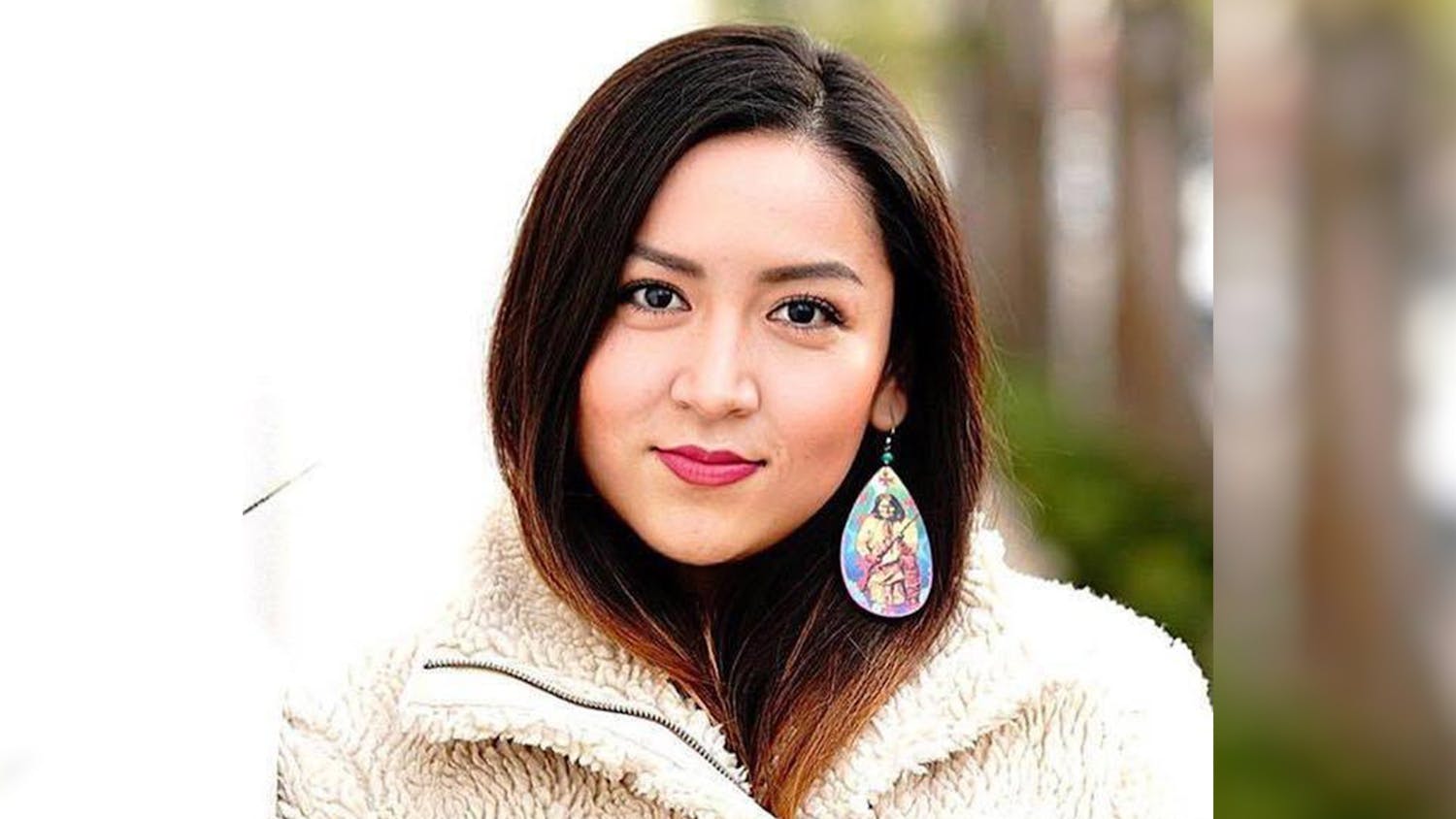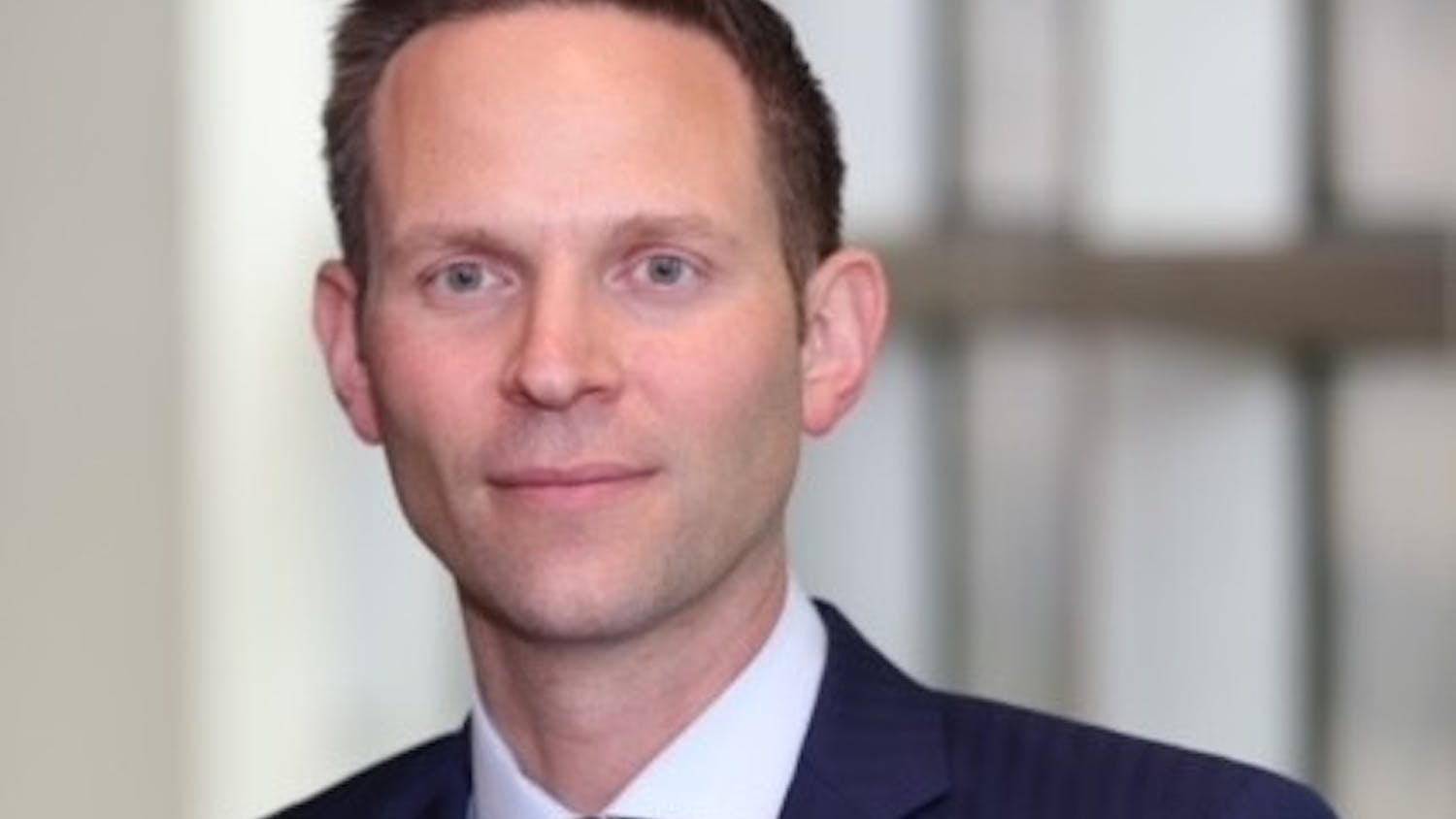On Feb. 12, the Biden administration announced PaaWee Rivera ’13 as its pick for senior adviser to the White House Office of Intergovernmental Affairs and director of tribal affairs.
Rivera, of the Pueblo of Pojoaque, is the second Native American Dartmouth alumnus to serve as the primary liaison between the White House and the nation’s 574 federally recognized tribes, according to Native American studies professor Bruce Duthu. Jodi Archambault Gillette ’91 of the Standing Rock Sioux served in the role under the Obama administration.
In a Feb. 13 tweet, Rivera expressed his excitement, saying he will support President Joe Biden's “commit[ment] to strengthening tribal sovereignty and advancing the Nation-to-Nation relationship.”
Rivera graduated from Dartmouth with a major in government and a minor in Native American studies. He then worked as a government relations adviser for the law firm Kilpatrick Townsend & Stockton LLP before serving in various positions in the Democratic National Committee, including as Native American and rural engagement director. Rivera also worked on the presidential campaign of Sen. Elizabeth Warren, D-Mass., and later on Biden’s campaign as its Western coalitions director.
Duthu, who had Rivera as a student, said Rivera “stood out” as an undergraduate for his interest in politics and tribal issues. Rivera grew up in a political background, with his father, George Rivera, serving as governor of the Pueblo of Pojoaque from 2004 to 2015.
“Politics ran deep in his family, and he seemed really excited and genuinely engaged with political issues relating to tribes and their relationship with states and the federal government,” Duthu said. “This role gives him an amazing perch from which to live out that interest.”
Duthu also said Rivera’s marked passion and thorough comprehension of tribal issues and local governance would serve him well in his new position, where he will work in partnership with tribes throughout the nation. He noted that assuming a senior White House role such as director of tribal affairs is rare for someone as young as Rivera, who is 29.
“It is an amazing testament to [him] that people with whom he has worked would tap him for this kind of assignment,” Duthu said.
Government professor John Carey, who also taught Rivera, said he is excited for Rivera to bring a uniquely “young perspective and a lot of energy to the role.”
Carey, like Duthu, recalled Rivera was a “very good” student in his class GOVT 4, “Politics of the World,” where they studied how countries with multiple sovereignties operate — a challenge Carey said Rivera will directly address in his White House job.
Duthu noted that Rivera and the Biden administration face historic challenges in addressing the issues confronting Indigenous communities. The pandemic has disproportionately impacted Native Americans, with American Indians and Alaska Natives among the demographics at highest risk of contracting COVID-19, according to the Centers for Disease Control and Prevention. North and South Dakota, home of the Lakota Nation, lead the nation in per capita COVID-19 rates. Many tribes have also grappled with the loss of elders, and thus, their tribal languages.
Rivera’s role will most likely focus upon tribal outreach, vaccine administration and addressing other inequities exposed by the COVID-19 pandemic, according to Duthu. For example, Rivera will likely work on improving telecommunications infrastructure and technology, as tribal nations are among the “least connected” societies to high-speed internet in the United States, Duthu said.
Rivera’s hiring also comes after the nomination of Deb Haaland, D-N.M., as secretary of the interior. Haaland, a member of the Laguna Pueblo, would be the first Native American to serve in a cabinet position. The Biden administration will also include Robert Anderson of the Bois Forte Band of the Minnesota Chippewa Tribe, who will serve as the U.S. Department of the Interior’s principal deputy solicitor.
Despite these recent nominations, Native Americans remain largely underrepresented in the federal government — four Native Americans served in the previous Congress, then a record, and six serve in the current Congress.
Hilary Tompkins ’90, former solicitor for the U.S. Department of the Interior and a member of the Navajo Nation, added that during the Obama administration, there were strong ties between the federal government and federally recognized tribes, a relationship she expects to be revitalized under the Biden administration.
She said that she anticipates the Biden administration will also focus on issues such as racial justice, tribal economic development opportunities and the expansion of renewable projects in Indian Country.
“Clearly, the tribal voice will be an important voice at the table,” Tompkins said.
She added that she looks forward to Rivera’s accomplishments under his new position.
“It gives me great Dartmouth pride and Native pride to see [Rivera] get appointed to this role,” Tompkins said. “I think it is important that we continue to see Native Americans put in these important posts of leadership in the government. I think it sends an important message to society that Native Americans are ready and willing and able to serve in leadership roles within the highest levels of government and across society.”
Rivera could not be reached for comment by press time.





